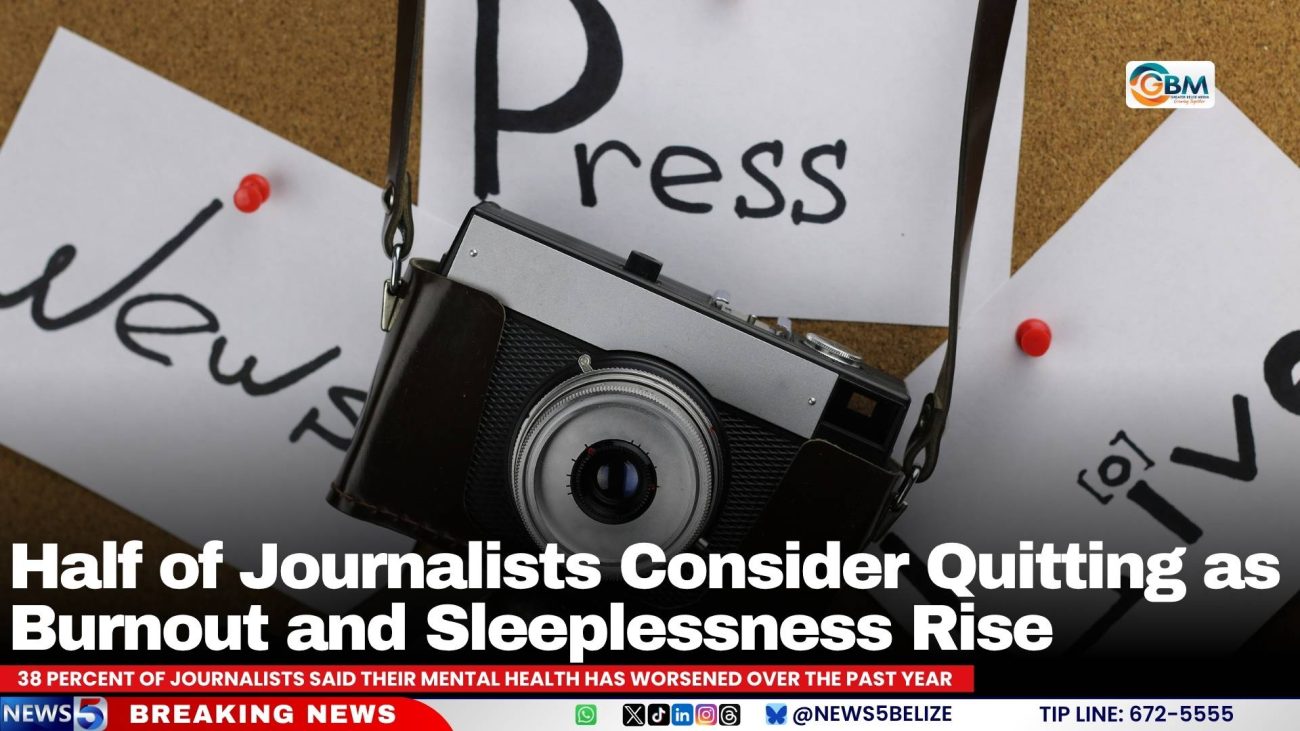Half of Journalists Consider Quitting as Burnout and Sleeplessness Rise
A new global report on the state of work-life balance in journalism reveals a profession under strain, with half of journalists admitting they’ve considered quitting in the past year due to exhaustion and burnout.
The 2025 State of Work-Life Balance in Journalism Report, conducted by Muck Rack, surveyed more than 400 journalists worldwide and paints a troubling picture of stress, overwork, and mental health decline in the media industry.
According to the study, 38 percent of journalists said their mental health has worsened over the past year, citing uncertainty about the future, financial pressures, and heavy workloads as leading causes. Another 42 percent have previously left a job due to burnout, underscoring how chronic stress continues to drive talent out of newsrooms.
Lack of rest is also a major concern: 58 percent of journalists get six hours or less of sleep each night, and 85 percent said their inability to “switch off” from work impacts their sleep quality. Many report working well beyond standard hours, 67 percent of full-time journalists clock more than 40 hours a week, while 83 percent say they regularly work nights or weekends.
Despite this, journalists remain committed to their craft. The study found 56 percent plan to stay in journalism for at least two more years, even as more than a third say they are unsure about their long-term future in the field.
When asked about coping strategies, respondents cited exercise, counselling, and supportive colleagues as their top sources of relief. Yet only 19 percent said their workplace offers mental health services.
The report also highlights changing attitudes toward work flexibility. While many organisations are pushing return-to-office policies, 60 percent of journalists currently work remotely, and nearly half said a hybrid model is their ideal arrangement.
Still, issues of workload and rest persist. Although many journalists are entitled to vacation, the study shows that most do not take all their paid time off, largely because of staff shortages, deadlines, and fear of falling behind.






Facebook Comments